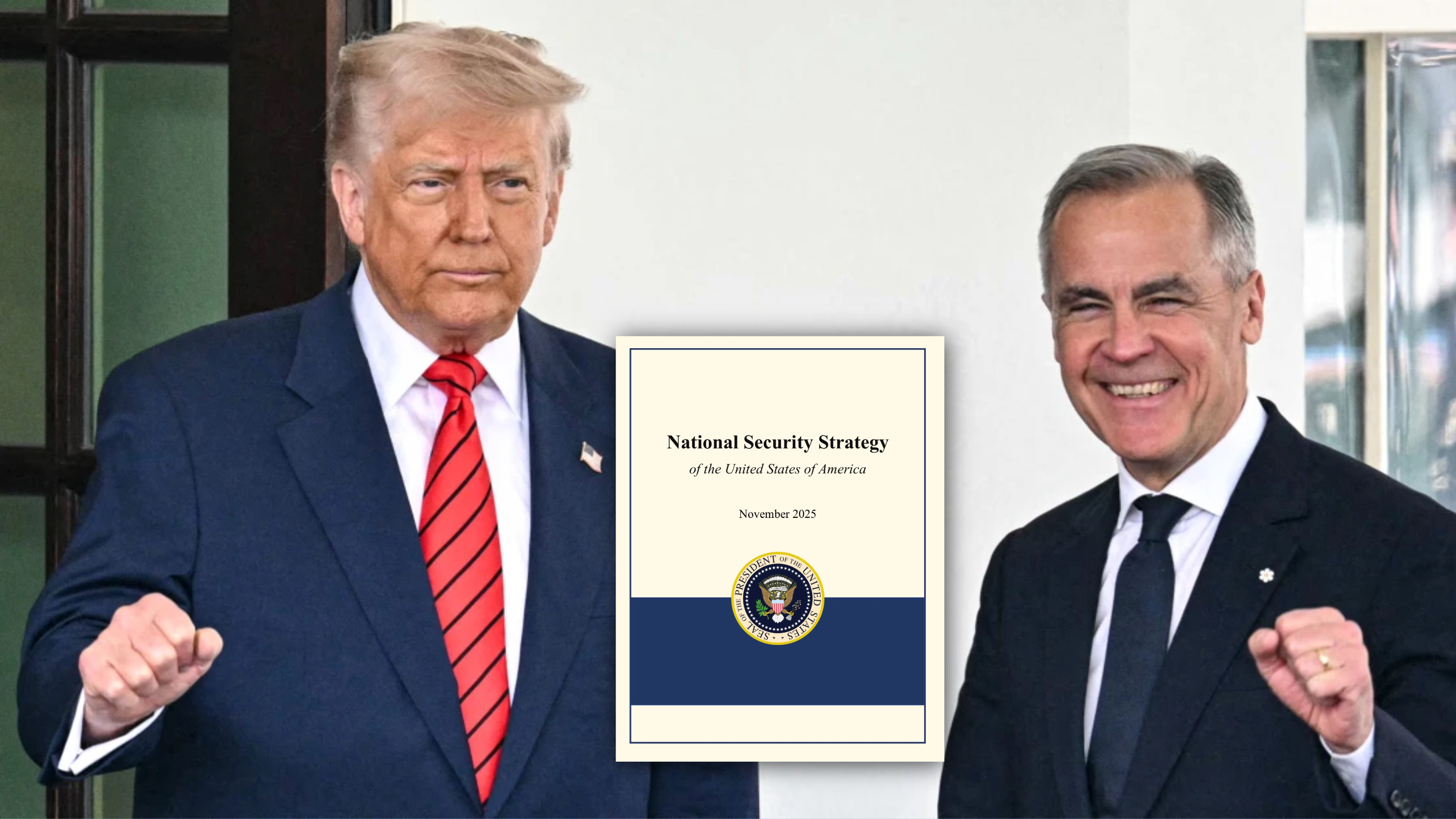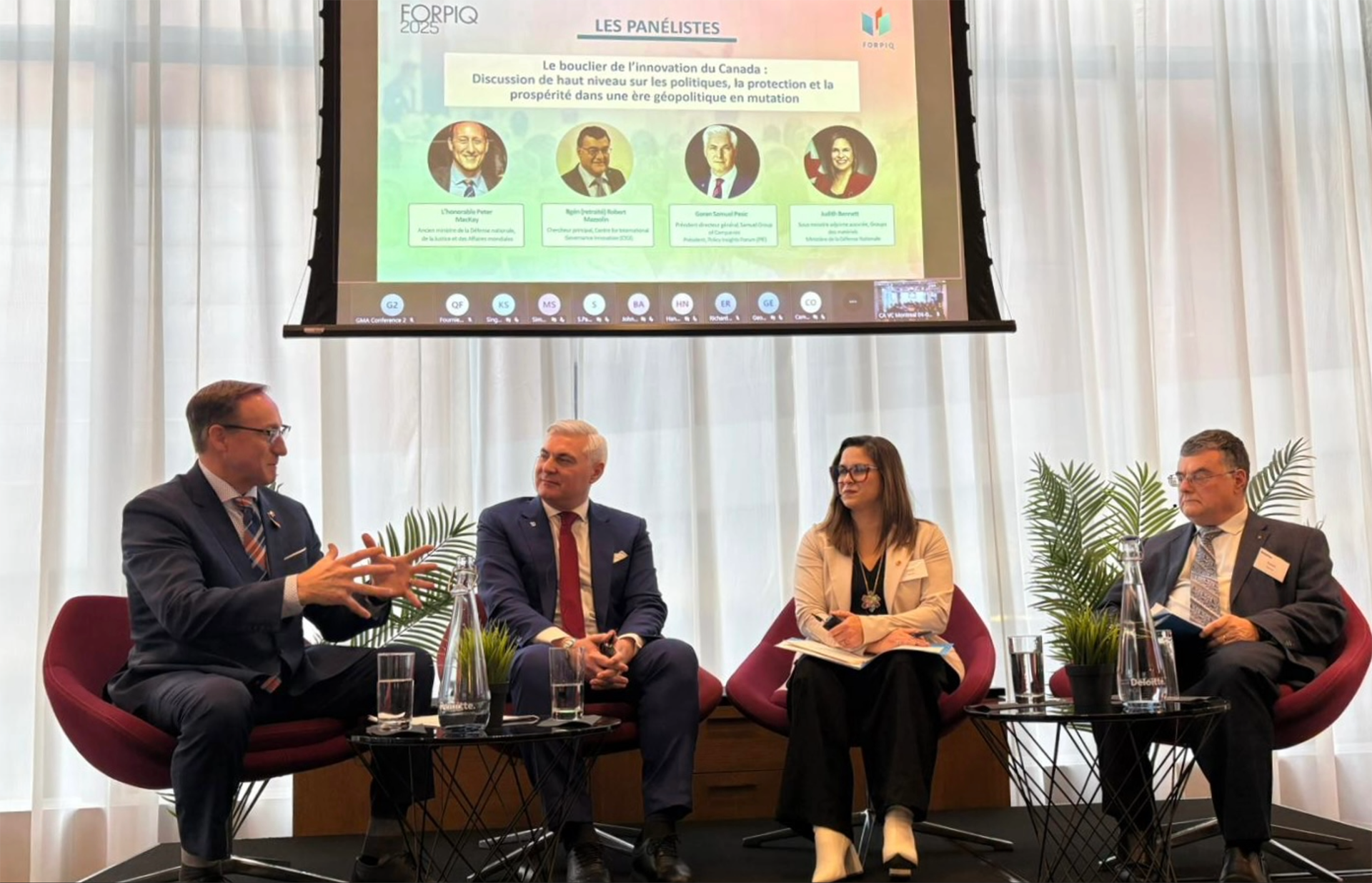What is Political Lobbying & Opinion Forming?


%4010x.png)
Digital Marketing & Communications Specialist
Samuel Associates Inc.
What is lobbying, and why is it important?
Political lobbying and opinion forming in Canada is the application and development of modern marketing, or simply marketing-to-government. A subset of Government Relations, it entails engaging elected leaders and senior government officials for competitive advantage, whether that be by a not-for-profit organization or commercial sector enterprise. The levels of activity, specific features and relationships involved in corporate lobbying derives from marketing practices.
So, what’s driving modern political lobbying in Canada?
Several factors are driving today’s lobbying activities. These include increased globalization, transformative technologies and innovations, as well as competition in business markets, which have created pressure to influence both elected officials and government authorities to maintain competitive positioning in changing markets.
Another factor driving lobbying activities by organizations is over government regulation. As governments continue to reduce their direct (and indirect) ownership in the Canadian economy, for instance, over broadcasting, telecommunications, transport, utilities, and financial services, this situation has led to an expanded role in its regulatory activities. This has resulted in a rapid rise in strategic lobbying to influence regulatory bodies and regulatory policies for both a marketing advantage and industry gain.
Today, lobbying and opinion forming can be viewed as a specialist form of networking in the field of public policymaking. This means that lobbyists can develop access points linking their client’s interests to separate groups concerned over the same or similar issue(s) and ultimately over policy outcomes. Professional lobbying also is about making representations to decision-makers. For example, we typically work with CEOs or presidents of organizations to prepare them to make their case or representation to decision-makers, since they generally are the holders of power and authority in their organization.
%4010x.png)
%4010x.png)





